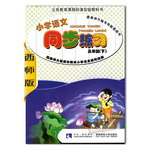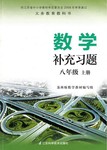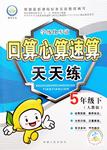题目内容
美国一家公司的一位员工的女儿Katie为了不让爸爸在他生日当天上班,亲自写假条给公司领导Daniel。假设你是Daniel,请给Katie写封回信,内容包括:
1.表示对请求的感动;
2.称赞她爸爸的辛苦劳动;
3.准许她爸爸在9月第一周放假休息。
注意:1.词数100左右;
2.可以适当增加细节,以使行文连贯。
Dear Katie,
______________________________________________________________
______________________________________________________________
______________________________________________________________
Yours,
Daniel
练习册系列答案
 同步练习河南大学出版社系列答案
同步练习河南大学出版社系列答案 同步练习西南师范大学出版社系列答案
同步练习西南师范大学出版社系列答案 补充习题江苏系列答案
补充习题江苏系列答案 学练快车道口算心算速算天天练系列答案
学练快车道口算心算速算天天练系列答案
相关题目

